Widowed At 20 & Forced Out Of In-Laws’ Home, HIV+ Woman Transforms 30000 Lives
Kousalya Periasamy from Tamil Nadu runs the Positive Women Network, an organisation which aims to provide affordable medical access, counselling, vocational training for jobs, and quality education and health care to children of HIV-positive parents.
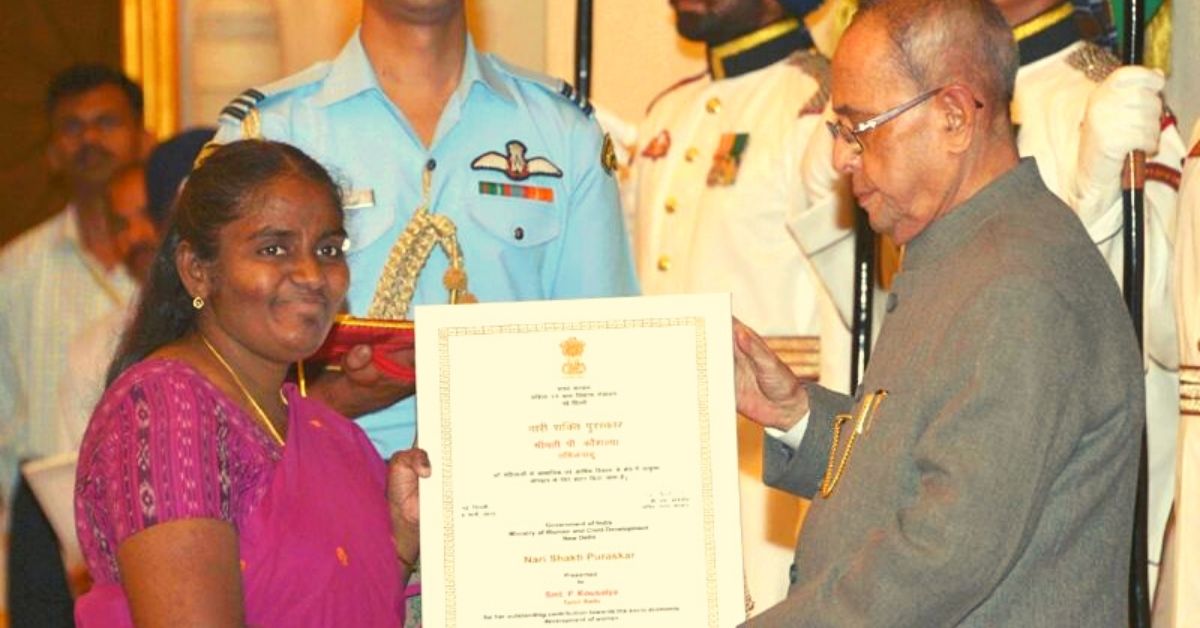
“Remove your uterus if you don’t want to die from HIV,” was the doctor’s response when a frightened 20-something woman came in, asking for a treatment course.
Her husband had just died by suicide from the stigma around the sexually transmitted disease (STD), and everyone in her family and village were convinced it was only a matter of time before she would experience a painful end as well.
The year was 1995, a time when the virus was seen as a death sentence.
A resident of Namakkal district in Tamil Nadu, Kousalya Periasamy didn’t go through with the preposterous suggestion made by the doctor, and instead decided to fight the disease in her own way.
She neither took a rebellious approach, nor shied away from stepping outside her house. Instead, she started working for a local NGO that was working for persons living with HIV (PLHIV).
Now in her late 40s, Kousalya is no longer the frightened girl she once was. Instead, she is a Nari Shakti Award winning activist who has brought phenomenal changes at the policy level as well as in people’s mindset. She has touched the lives of more than 30,000 women through her organisation Positive Women’s Network (PWN) in the last 20-odd years.
“We do not let the milestones get to our head and define us. We are a team of extremely dedicated and empathetic women who have a long way to go. We have enough failed initiatives that keep us awake at night. The network that was once spread across 16 states of India is currently working only in six states due to insufficient resources,” Kousalya tells The Better India.
PWN is working on multiple fronts to help HIV positive women, from making changes at policy level to giving affordable medical access, counselling, providing vocational training for jobs, and giving quality education and health care to children of HIV-positive parents.
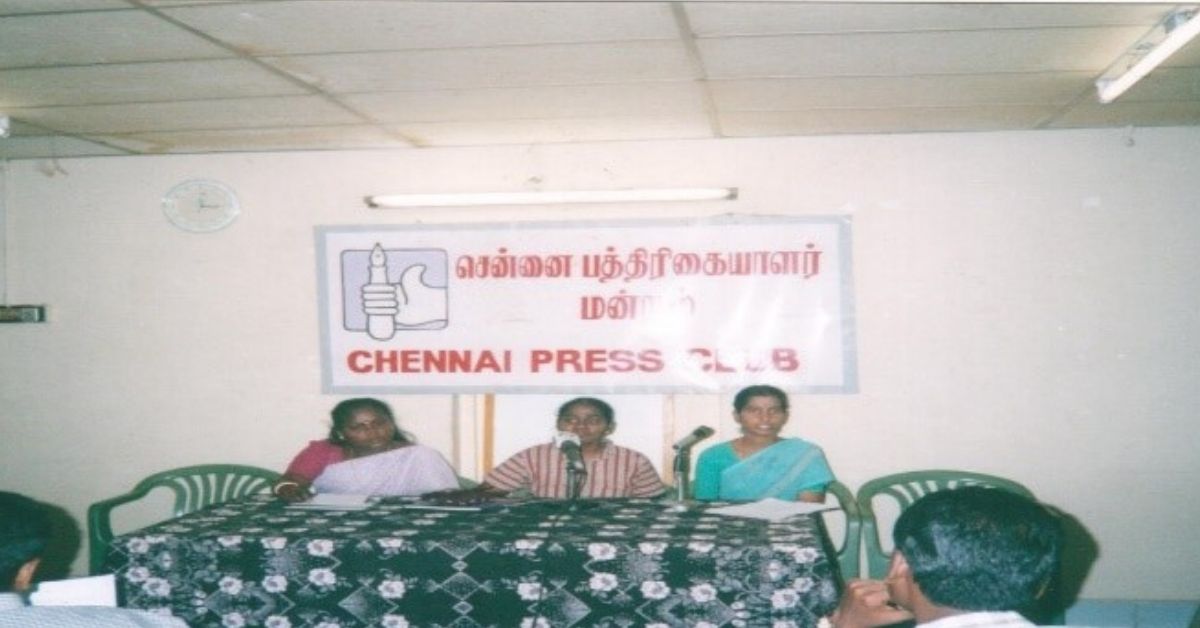
Kousalya was reportedly the first in India to come out openly as a HIV positive in 1995. It grabbed national headlines and several NGOs and other HIV+ women reached out to her. For the first time, she saw that the outside world was not unwelcoming. There was a tiny sliver of hope for women like her to come together and make a difference.
Walking away from fear towards courage
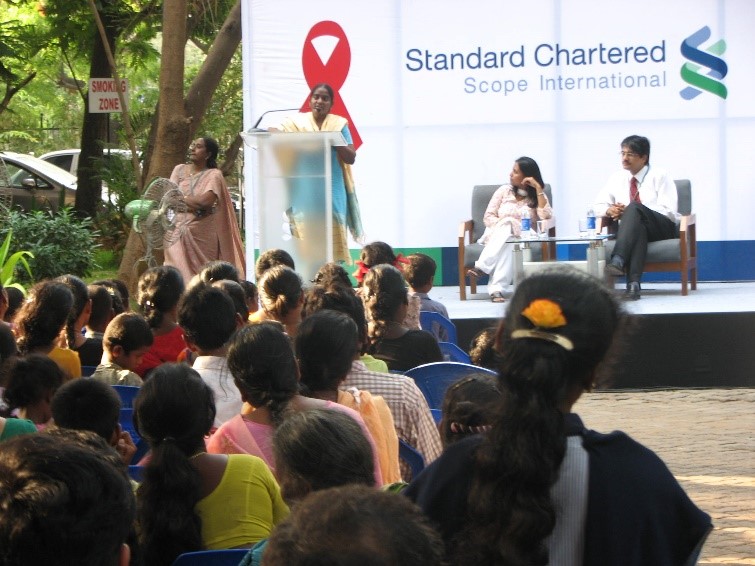
Kousalya’s pessimism and distrust in others had stemmed from her own family. After completing class 12, she was married off to her first cousin. Despite knowing that he was infected with the virus, the family kept it a secret.
“I felt betrayed. Two months after our marriage, I fell ill and my reports came positive. That’s how I found out that my husband had transmitted the disease to me. Just when we were trying to navigate this mess, my husband killed himself and I had to leave my in-laws’ house,” recalls Kousalya .
She voluntarily isolated herself, fearing she would pass on the disease through touch or just being in the same room as others. The ignorance ran deep as she prepared herself to look frail and skinny. Locally reported instances of people burning HIV patients alive further scared her.
It took some time for her to come out of the loop of constant dejection. An awareness session in Chennai by Dr Suniti Solomon, the doctor who detected India’s first HIV case, gave her the courage to begin a new life.
Making a difference
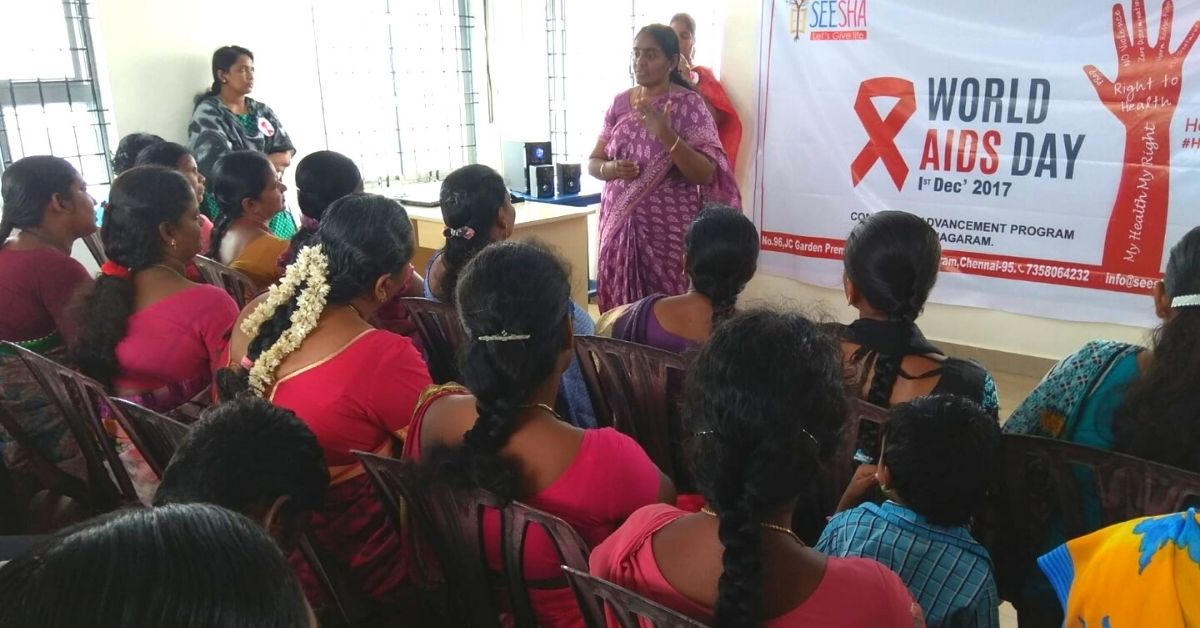
Giving interviews to media publications was the first step she took to destigmatise HIV in 1996. After that, several women in the region reached out to her and discussed the discrimination and explotation they were facing both within and outside their families.
“In between the news reports, I moved to Chennai with my family. The horrific instances that women shared with me made me realise the need for a safe platform where such problems could be discussed and solved. With three other women, I formally launched PWN in 1998,” says Kousalya .
The organisation first worked towards identifying common problems among women living with HIV. According to their survey, most women get HIV from their husbands and are left to fend for themselves after the husband passes away, like in the case of Kousalya, who is still fighting for her share of inheritance from her in-laws.
Meanwhile, Asha, another woman living with HIV, was shamed and coerced to leave the house.
“Both of us were lucky to not have children. But several women have to feed their children while paying for their treatment. They don’t know how to avail government schemes,” says Asha, a spokesperson of PWN.
In PWN’s first meeting, very few women turned up. So before the next meeting, Kousalya visited several government hospitals and NGOs to spread the word. This saw a participation of nearly 5,000 women.
Through these conversations, Kousalya realised that the government was focussing more on the prevention of HIV than treatment. It was no wonder that the Anti-Retroviral (ART) drug, which can control HIV, was priced nearly Rs 7,000 when she began her treatment in 2000.
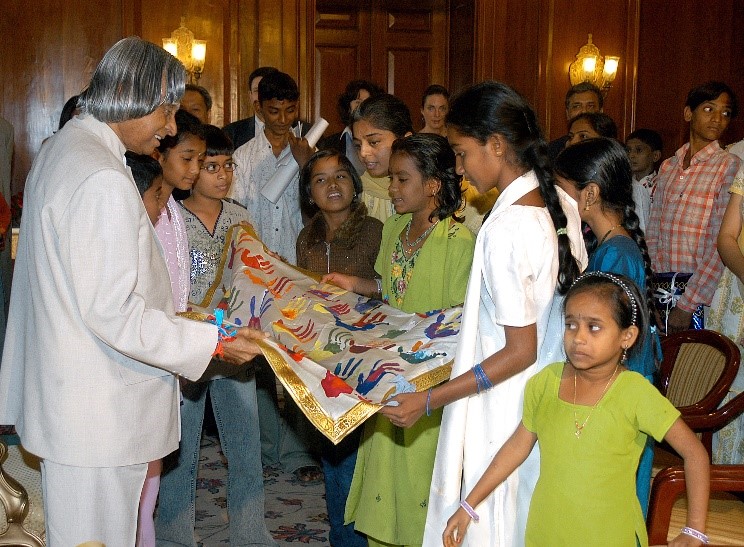
PWN started lobbying for free medicines along with other organisations. In 2003, she even staged a dharna after three patients died in one day because they could not afford the drug.
Their efforts paid off, and ART was made free in two government hospitals of Chennai and Mumbai in 2004. Today, a majority of the districts in India have made the medication free.
Another noteworthy policy level change was pushing NACO (National Aids Control Organisation) to amend the National Aids Control Programme (NACP). The body divided its financial resources equally between prevention and rehabilitation against the earlier ratio of 80:20.
The network has also created an impact in other states like Gujarat, Kerala and Manipur.
“In Tamil Nadu, we set up 34 centres with the government’s help, where HIV positive women can come for services like treatment, counselling, employment, and more. We help them in every way. In Gujarat, we were able to establish a marriage bureau for infected patients and four people found marital partners. In West Bengal, we helped women avail employment schemes. We closely work with local administrations, civil society groups, state departments of health and family welfare, government and private schools and hospitals to spread awareness and bust myths,” adds Kousalya.
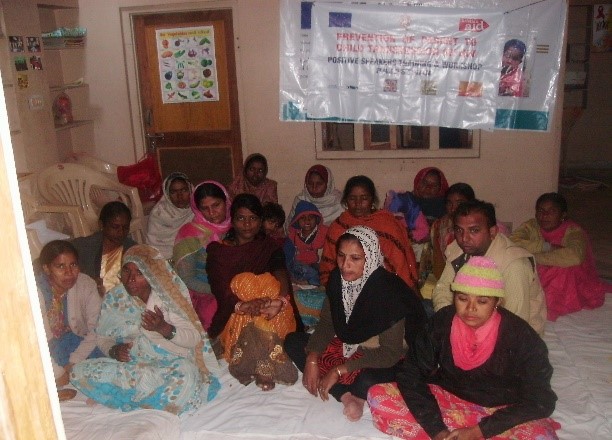
Her selfless efforts have brought tremendous on-ground impact and many women like Asha have found a way to shatter myths, earn a livelihood, get affordable treatment and lead a healthy life.
You can reach Kousalya here.
If you found our stories insightful, informative, or even just enjoyable, we invite you to consider making a voluntary payment to support the work we do at The Better India. Your contribution helps us continue producing quality content that educates, inspires, and drives positive change.
Choose one of the payment options below for your contribution-
By paying for the stories you value, you directly contribute to sustaining our efforts focused on making a difference in the world. Together, let’s ensure that impactful stories continue to be told and shared, enriching lives and communities alike.
Thank you for your support. Here are some frequently asked questions you might find helpful to know why you are contributing?


This story made me
- 97
- 121
- 89
- 167











